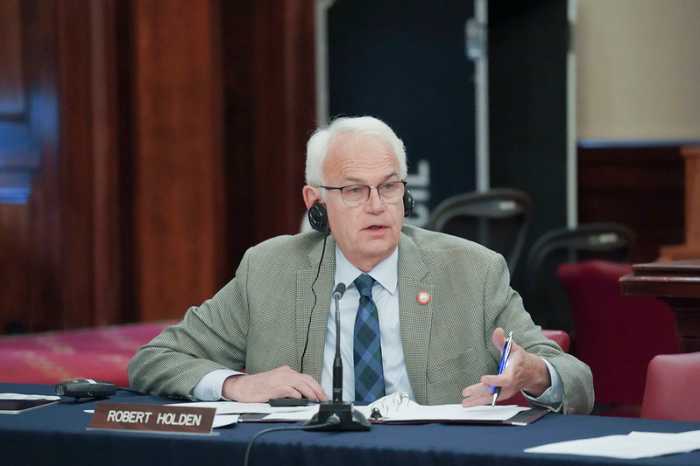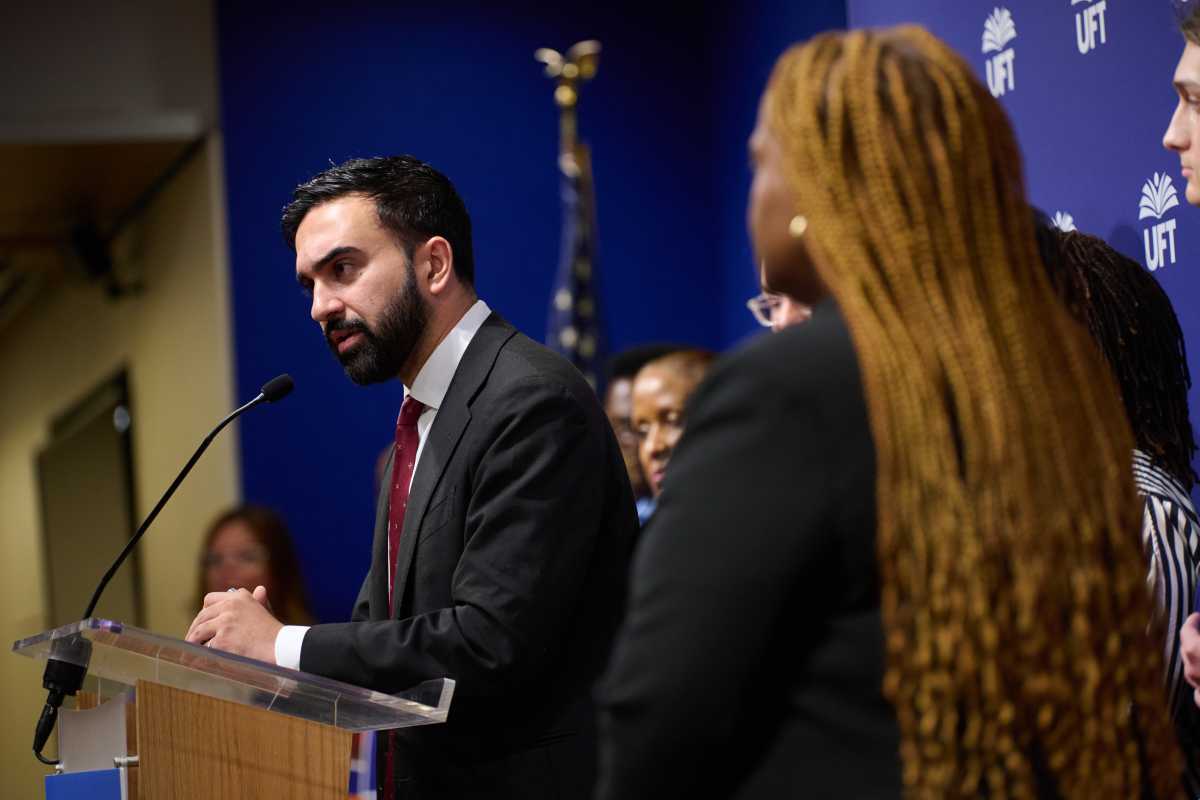Congresswoman Grace Meng on Tuesday introduced a new measure that would improve graduation rates at under-resourced public community colleges with high percentages of low-income and minority students to have necessary funding to develop and implement support services.
The goal of the legislation, The Community College Student Success Act, is to replicate nationwide the proven success of the City University of New York’s (CUNY) Accelerated Study in Associate Programs (ASAP). The acclaimed initiative, which CUNY launched in 2007 at its then six community colleges including those in Queens, helps students earn associate degrees within three years by offering a wide range of financial, academic, and personal assistance.
The program has been found to consistently double the graduation rates of participating students. The community colleges in Queens consist of Queensborough Community College in Bayside and LaGuardia Community College in Long Island City.
Meng orginally introduced the Community College Student Success Act in 2017 during the last session of Congress. According to Meng, community colleges play a critical role in American higher education.
“Of the over 40 percent of undergraduates who are enrolled at community colleges across the United States, a large portion are first-generation, low-income college students, and half are from minority communities,” Meng said. Unfortunately, many of the institutions they attend are under-resourced. In addition, access to college means little without degree completion. That is why I am proud to reintroduce the Community College Student Success Act, which is a holistic, student-centered approach to ensuring that community college students have the financial, academic, and career support they need to obtain their degree.”
Meng added, “If Congress truly values the importance of educating our next generation, we must increase our investment in these colleges and the students they serve. Everybody deserves a quality education, no matter their background, because education is a civil right.”
Meng’s measure would provide:
- Academic Advising: Advisors would provide ongoing academic and personal advising to students including helping to clearly lay out a three-year graduation plan and creating strong transfer pathways for students interested in continuing their education.
- Academic and Career Support: Students on academic probation or those have been referred to developmental courses would be required to meet weekly with a tutor. Students would also meet with an on-campus career counselor or participate in career services events at least once a semester to promote career planning and success.
- Financial Support: Students would receive a tuition waiver to cover the gap between tuition and fees and financial aid. Additionally, students satisfying all of the above meeting requirements would receive a financial incentive, such as a gas card or pass for transportation, at least once per month.
According to CUNY, ASAP has served more than 46,000 students over 12 years and has an average three-year graduation rate of 53.4 percent versus 25 percent for matched comparison group students. Additionally, ASAP students transfer to baccalaureate programs and earn their bachelor’s degrees at higher rates than non-ASAP students.
“As a former community college president, I have personal experience with the specific challenges facing community college students, and ASAP has proven, time and again, to be a solution to those challenges by dramatically improving graduation rates and providing an incredible support system for our students,” said Felix Matos Rodriguez, chancellor of CUNY.
Timothy Lynch, interim president of Queensborough Community College, thanked Meng and her fellow House members for making a strong commitment to community college success.
“Queensborough is incredibly proud to be one of the inaugural ASAP community colleges and the program has exceeded all expectations, consistently demonstrating that with the right support system and resources, our students can achieve unparalleled graduation rates,” Lynch said.




































